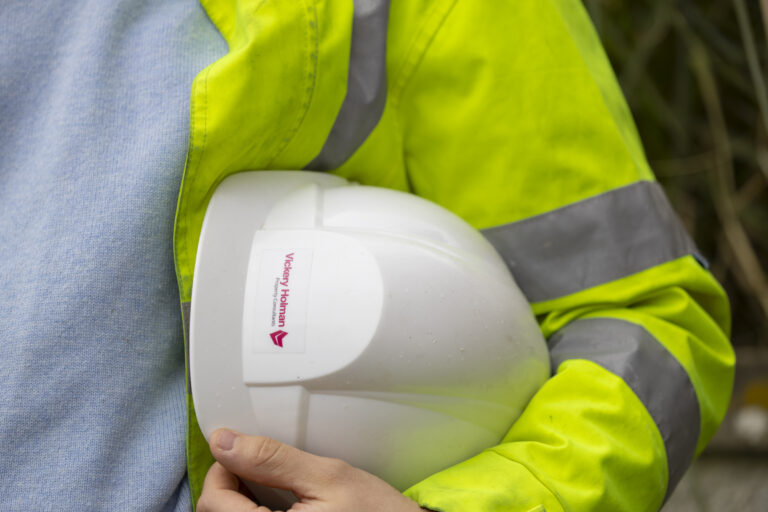Care Home Valuations
Whether for acquisition or disposal, financial reporting, loan security or internal transfer purposes, we undertake a wide range of care home valuations.
Valuing Care Homes
The process begins with the property itself. A full measured survey of the home is undertaken, factoring in any required sensitivity with staff and specific service users. A chat with the owner / manager is also beneficial to establish any background in relation the premises and, depending on the nature of the valuation, discuss the operational aspects of the business, including details surrounding the resident fee structure, average occupancy levels, staff numbers and composition, any scheduled capital expenditure, etc.
Referencing relevant documentation, including the latest Care Quality Commission (CQC) report, the valuer then undertakes full due diligence on the property and prepares a valuation of the premises. Depending on the nature of the property and the purpose of valuation, this could also include any third-party leases (to operational tenants) or, in the case of trading valuations, the business’s profit & loss accounts.
The nature of the exercise also dictates the valuation approach adopted. Where there is a lease in place to a third party, the investment method of valuation is utilised, whereby an assessment of the market rent and anticipated rental income stream to the landlord of the property is ascertained, prior to an appropriate yield being applied to this income, based on the valuer’s expert analysis of appropriate sales evidence of comparable care home investments.
Fair Maintainable Turnover
When valuing a property as an operational entity, the profits method of valuation is utilised. Here, the valuer is tasked with forming a reasoned opinion of the Fair Maintainable Turnover (FMT) that could be generated at the property by a Reasonable Efficient Operator (REO), together with an assessment of the Fair Maintainable Operating Profit (FMOP) of the property, based on the available profit and loss accounts and latest management figures.
FMOP is the level of profit stated prior to depreciation and finance costs relating to the asset itself, that the REO would expect to derive from the FMT. This is based on an assessment of the market’s perception of the potential earnings of the property, reflecting all costs and outgoings, as well as an appropriate annual allowance for periodic expenditure, such as decoration, refurbishment, and renewal of trade inventory.
Reasonable Efficient Operator
The REO is a concept assuming market participants are competent operators, acting in an efficient manner of a business conducted on the premises. It involves estimating the trading potential, rather than adopting the actual level of trade under the existing ownership, and it excludes personal goodwill.
After arriving at an opinion of FMOP, the valuer will then apply an appropriate valuation multiplier supported by the analysis of sales evidence of similar care homes sold on a trading basis.
Non-trading Valuations
Where a non-trading valuation is required, assuming the business is closed and available with vacant possession, the comparable approach is typically adopted whereby the subject property is compared directly against other closed care premises that have recently sold in the area. These can be analysed based on the number of bedrooms and overall size, with suitable adjustments for any location and property based differences such as the building’s age, condition, layout and facilities.
The valuation of care home premises is clearly a specialist area and with a team of RICS Registered Valuers active in the sector, Vickery Holman are well placed to service any valuation need, tailoring our advice to suit the client’s specific needs.
We would be pleased to discuss the valuation or potential disposal of any care related property across the South West. Contact our specialist Healthcare team for advice and help.




